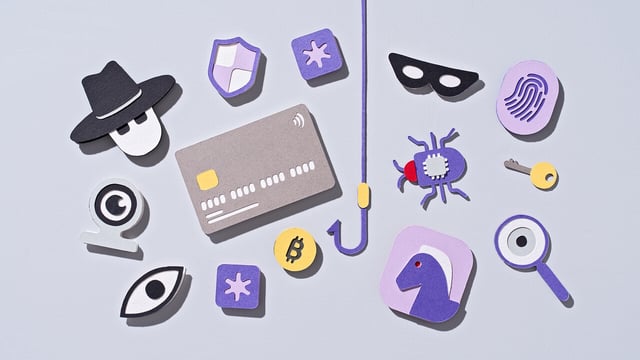Overview
- The Oberlandesgericht Oldenburg held that banks can deny refunds when customers share credentials through gross negligence, leaving phishing victims responsible for losses
- Fraudsters deploy AI-enhanced robocalls that spoof numbers, clone voices and analyze simple replies to verify active lines for sale or follow-up scams
- Targeted phishing emails impersonating ING, Consorsbank, Spotify and Deutsche Telekom use urgent, time-limited threats and generic greetings to trick users into disclosing login details
- Community-driven anti-spam platforms such as CleverDialer and Tellows logged record spam volumes in July and publish flagged numbers to help users block recurring scams
- Consumer advisers urge sign-ups on no-call registries, installation of verification apps, official-channel checks for any request and avoidance of brief verbal affirmations


